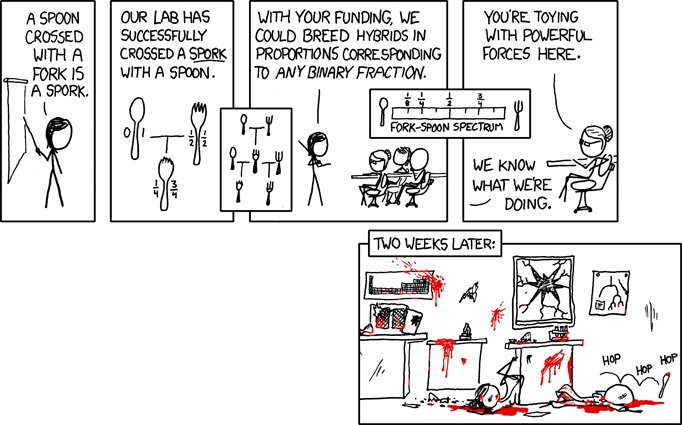HeavenShallBurn
First Post
Which didn't actually cover the "taking their stuff" part at all. It totally divorced the treasure from the in-game world even more than previous editions. It just said from X encounters of difficulty Y you should get Z amount of stuff. And made the items you find a function of the PCs doing the looting rather than what the NPCs had. Because the NPCs didn't actually have anything to take, they were just a pile of numbers off a chart and drop level appropriate items for the PCs rather than what they would actually be using.PrecociousApprentice said:It is about killing things and taking good stuff. There are rules about taking good stuff. There was a preview about magic items and treasure.
Funny, every previous edition managed to fit those bits into the books. In fact they did it in almost no time at all just by noting what kind of equipment the creatures were using in the stat-blocks so you would have a guideline to what the PCs were salvaging. And if they wanted to use it, you could let them because you knew how it worked. Now there's nothing there under the surface. And the mobs just drop level appropriate items for PCs, move on to the next encounter! Because of course you wouldn't want to scavenge the battlefield and say give that stuff to a friendly NPC, or equip a small horde of your own with it. Replaced with a mechanism more complicated than those of previous editions that doesn't even pretend to correspond to the game world the PCs are supposed to be inhabiting.PrecociousApprentice said:but I hope that I made my point. There is a limited amount of space in the books. There is also a limited amount of time for prep for games.
Last edited:



